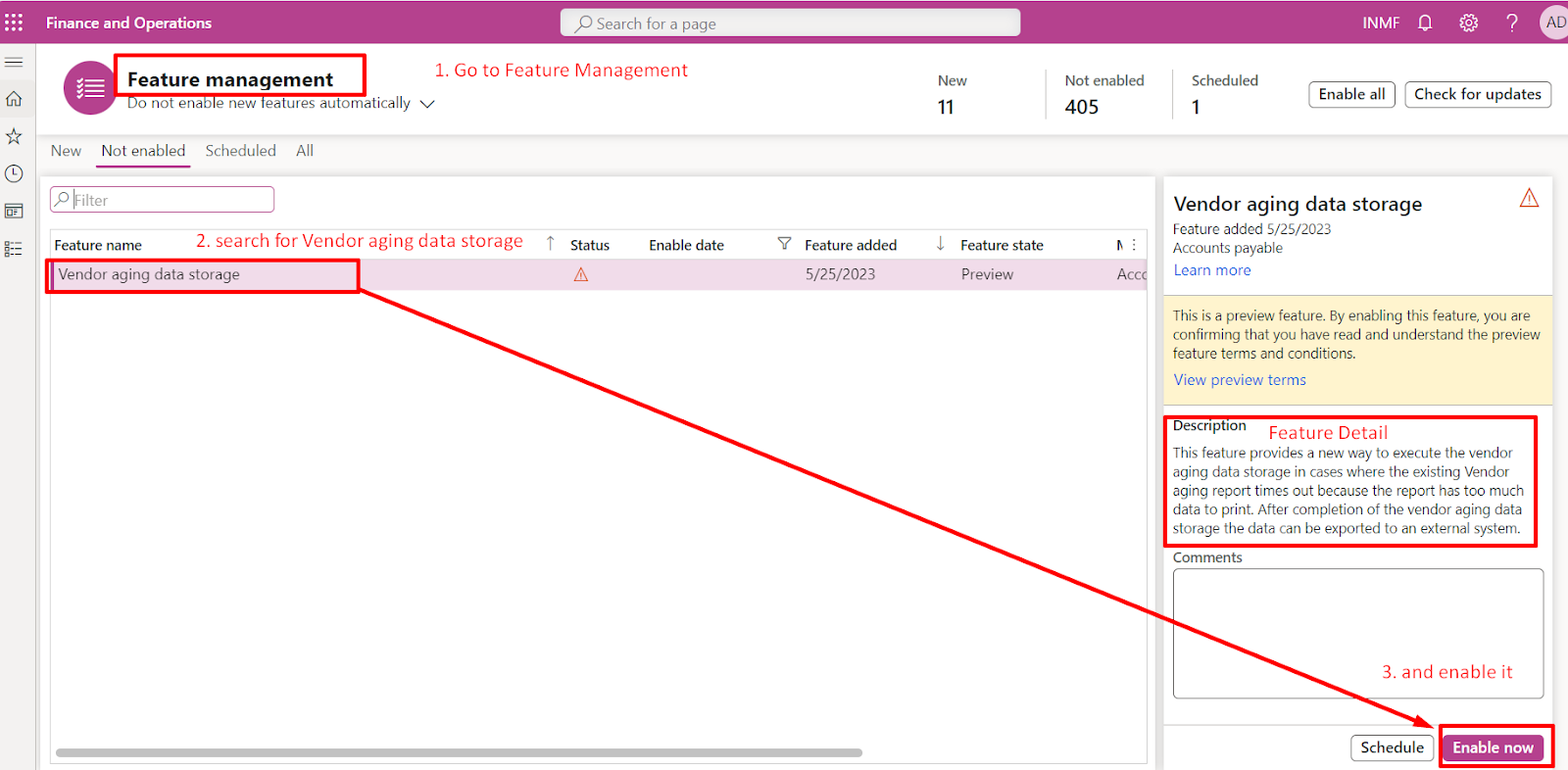Introduction

We are aware that most of the countries are in lockdown due to worldwide
spread pandemic coronavirus or COVID-19. This phase is very critical
for all economies. This further has blocked the logistics up to a certain
extent. From the perspective of India, only essential commodities’ supply is
permissible since cities are lockdown and people are home quarantine due to the
COVID-19 outbreak. It has badly impacted the logistics industry. There is equal
importance of logistics as finance in business. Logistics is a circulatory
system of any industry or business. As Human Body can’t survive without a
circulatory system in the same way any industry can’t without logistics. This
might have cleared how much logistics are important.
About Logistics
In layman, language logistics means any transportation facilities provided
to any business or activity. In a general business sense logistics is the
management of the flow of things between the point of origin and the point of
consumption to meet the requirement of customers. The goal of the logistics is
to meet the customer's requirement timely and cost-effective manner. There are
many companies specialized in logistics, providing the services to
manufacturers, retailers, and other industries with a large need to transport
goods. Some logistics companies provide both transportations as well as
warehousing facilities. FedEx, UPS (United Parcel Service) and DHL (Dalsey
Hillblom Lynn) is a well-known logistics provider. Let us clear it with example
suppose Mr. A resides in Delhi ordered a bundle of books from a
manufacturer/retailer in Hyderabad and books is delivered via currier here,
currier company is also a logistics company. Resources managed in logistics may
include tangible goods such as materials, equipment, and supplies, as well as
food and other consumable items. There are various components of logistics like
inbound logistic, outbound logistics, fleet management, warehouse, material
handling, order fulfillment, inventory management, and demand planning

Importance of logistics
1. It starts with the
efficient purchase of raw material and hold the goods until it reaches to the
consumers.
Modes of transport in India
1. In India, the railway
plays an important role in logistics, it is mainly used for movement of the
core sector. Cement, Coal, Petroleum products, food grains, iron ore, etc are
the core product which is mainly supplied via train. it covers 27% of total
freight movement.
Impact and challenges
The logistics business is already going with the tougher phase due to
worldwide pandemic COVID-19 which further brings down the earning amid the
global economic slowdown. Currently, different sections of the business like
warehousing, trucking, and last-mile delivery among consumers are facing
challenges with labor shortage because of lockdown. But if we particularly talk
about the crude oil exporting ships, they are flourishing since countries are
making sufficient storage of crude oil because of the tension among
oil-exporting countries and of course coronavirus pandemic. Here are the few
impact and challenges which the logistics industry are facing as per study conducted by KPMG:
- Transport and logistics is an essential sector where supply is predominantly lower than the demand
- Crude price reduction is likely to impact the transportation cost positively in the short term
- Reduced demand for logistics due to reduced production across sectors
will put downward pressure on prices across various
transportation and logistics sub-sectors like warehousing,
freight transportation, among others
- Freight traffic volume spike
typically witnessed in the months of February and March is expected to be delayed and the
slowdown is anticipated to persist until monsoon. Post-monsoon,
the demand is anticipated to spike on account of accrued consumer savings as
well as the onset of the festive season
- Asset utilization across the transport and logistics sector anticipated to reduce in the short term.
- Low impact on regularised labor force expected, Transport and Logistics
being an essential sector. However, daily wage earners to
be adversely impacted in the short to medium-term and expected to
stabilize only once the demand picks up
- Transport and Logistics services sector is highly working capital intensive. Reduced demand for these services is expected to impede the services in the short to medium term due to cashflow constraints. This might further result in reduced discretionary spending by the sector
- Trucking sector is expected to witness immediate adverse impact in the short-term on account of reduced demand due to decrease in production as well as domestic and EXIM trade
- Ports are also expected to experience reduced traffic volumes decreasing the overall utilisation level and revenues in short to medium term
- Reduced freight volume is expected to result into low utilisation of road and rail infrastructure
- Storage facilities such as warehouses, ICDs, MMLPs etc. which are majorly dependent on EXIM and domestic trade are expected to experience reduced cargo volume impacting revenues.
In sum, this crisis is a story with an uncertain ending. However, what is clear is COVID-19 has introduced new challenges to the business environment which call for a measured, practical and informed approach from political and business leaders. We also need to realise that COVID-19 is likely to lead to a new normal - being aware of and preparing for these shifts wll help businesses and economies navigate in the post COVID-19 world.

This article has cleared all my doubts regarding logistics
ReplyDelete